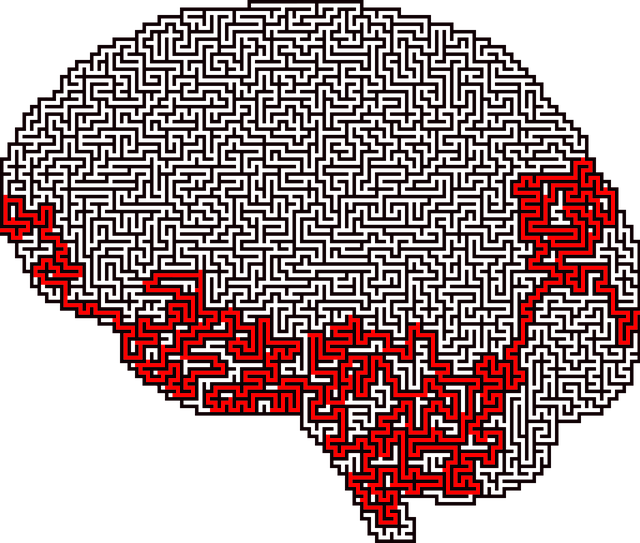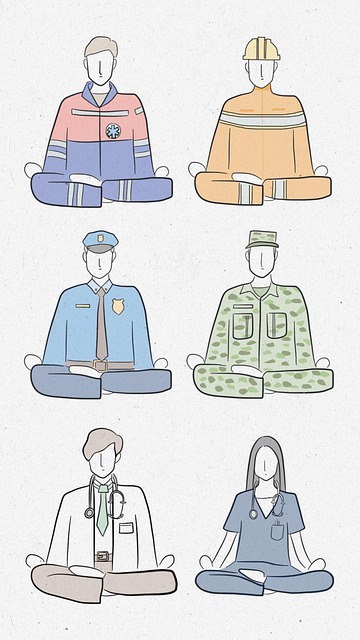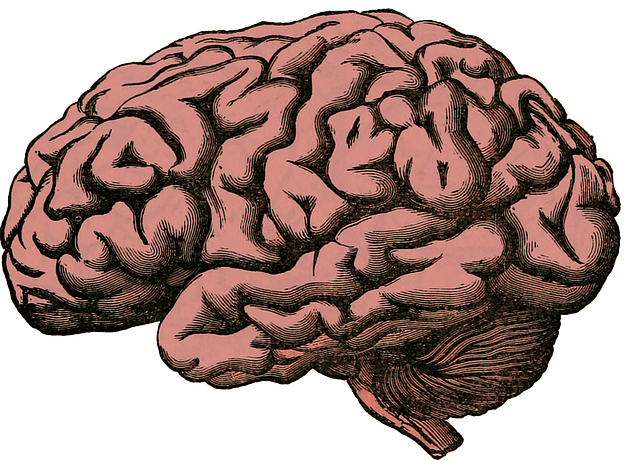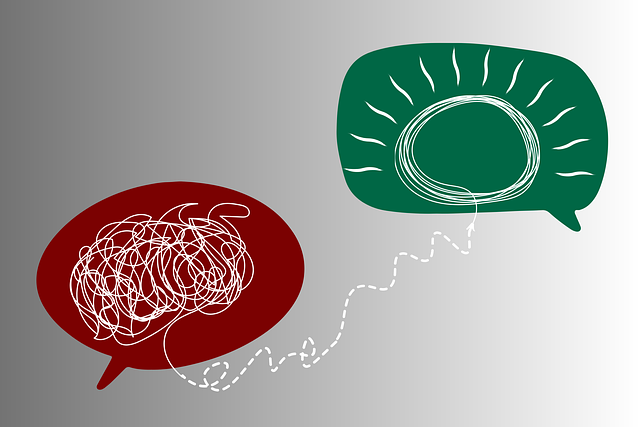In Colorado Springs, specialized group therapy sessions for Post-Traumatic Stress Disorder (PTSD) focus on creating a safe, supportive environment using cognitive-behavioral therapy (CBT) techniques. Facilitators prioritize emotional intelligence, peer connections, and open dialogue to enhance mental wellness through coping strategies, resilience building, and conflict resolution skills. Building trust and active listening are key, ensuring members feel secure to share experiences openly. Structured assessments measure progress, allowing facilitators to adapt evidence-based interventions for long-term PTSD management and improved mental health outcomes in Colorado Springs.
In Colorado Springs, mental wellness group facilitation plays a pivotal role in fostering collective healing. This article explores proven techniques for effective group therapy sessions, focusing on creating safe spaces where individuals can find solace and support. We delve into strategies tailored for addressing Post-Traumatic Stress Disorder (PTSD), emphasizing the power of trust and open communication. Additionally, we discuss assessment methods to track progress, ensuring that Colorado Springs residents receive the best possible care in these nurturing environments.
- Understanding Mental Wellness Groups: Creating a Safe Space
- Facilitating Effective Group Therapy Sessions
- Techniques for Addressing Post-Traumatic Stress Disorder (PTSD) in Groups
- Building Trust and Encouraging Open Communication
- Measuring Success: Assessment and Progress Tracking in Group Settings
Understanding Mental Wellness Groups: Creating a Safe Space

In facilitating mental wellness groups, such as those addressing Colorado Springs post-traumatic stress disorder therapy, creating a safe and supportive environment is paramount. These group settings serve as unique spaces where individuals can connect with peers facing similar challenges, fostering a sense of belonging and understanding. By promoting emotional well-being through techniques like active listening and empathy, facilitators encourage open dialogue and create an atmosphere of trust.
Emotional intelligence plays a crucial role in navigating the dynamics of these groups. Mental health professionals must assess risks and understand the diverse needs of group members to ensure everyone feels comfortable sharing their experiences. This involves recognizing emotional triggers, managing potential conflicts, and adapting facilitation styles to support each individual’s journey towards healing, thereby enhancing the overall effectiveness of the therapy sessions.
Facilitating Effective Group Therapy Sessions

Effective group therapy sessions in Colorado Springs Post-Traumatic Stress Disorder (PTSD) Therapy are facilitated by skilled professionals who create a safe and supportive environment. They employ techniques tailored to promote open communication, active listening, and empathy among participants dealing with PTSD. Facilitators encourage sharing of experiences while ensuring confidentiality, fostering trust, and normalizing each individual’s emotional responses.
Group dynamics play a crucial role in enhancing mental wellness. Through structured activities and discussions, facilitators guide members in developing coping strategies, building resilience against burnout prevention, and cultivating peer support networks. By integrating Mental Wellness Coaching Programs Development principles, these sessions not only address the symptoms of PTSD but also promote Mental Health Awareness, helping participants regain control over their lives and move towards lasting recovery.
Techniques for Addressing Post-Traumatic Stress Disorder (PTSD) in Groups

Facilitating group therapy sessions for individuals dealing with Post-Traumatic Stress Disorder (PTSD) in Colorado Springs requires a specialized approach that goes beyond traditional mental wellness practices. This methodical process involves creating a safe, supportive environment where members can share their experiences and engage in therapeutic activities tailored to address the unique challenges of PTSD. Group dynamics offer a powerful tool for emotional healing processes as individuals witness and support one another through collective storytelling and coping strategies.
In these groups, facilitators employ techniques such as cognitive-behavioral therapy (CBT) elements to challenge negative thought patterns and promote healthier perspectives. Through open discussions and structured exercises, members learn to manage flashbacks, nightmares, and anxiety triggered by traumatic memories. Additionally, incorporating activities that foster resilience and mindfulness can aid in depression prevention, helping participants develop coping mechanisms for managing stress and emotional regulation. Risk assessment is a crucial aspect for mental health professionals; understanding the potential triggers and past traumas within the group dynamic ensures a tailored and safe environment for everyone involved.
Building Trust and Encouraging Open Communication

Building trust is a cornerstone of effective group facilitation, especially in settings like Colorado Springs post-traumatic stress disorder (PTSD) therapy groups. Creating a safe and supportive environment encourages members to openly share their experiences and challenges without fear of judgment or repercussions. Facilitators can foster this through active listening, maintaining confidentiality, and demonstrating empathy and understanding. Over time, these practices help group members feel secure enough to delve into sensitive topics, fostering deeper connections and emotional support among peers.
Encouraging open communication further strengthens the therapeutic benefits of group settings. By modeling respectful and inclusive dialogue, facilitators can teach members conflict resolution techniques that promote healthy discussions. This may involve setting ground rules for participation, ensuring every voice is heard, and helping individuals navigate their emotions during intense conversations. Such skills are crucial not only for effective group dynamics but also for risk management planning among mental health professionals, enabling them to de-escalate potential conflicts or crises while prioritizing emotional well-being promotion techniques.
Measuring Success: Assessment and Progress Tracking in Group Settings

Measuring success in group facilitation goes beyond simply filling a room with people. It’s about tracking progress and assessing improvements in mental wellness among participants. In Colorado Springs, where Post-Traumatic Stress Disorder (PTSD) Therapy is readily accessible, facilitators often employ structured assessments both before and after sessions to gauge individual and collective growth. These tools can range from standardized questionnaires designed to evaluate symptoms of anxiety and depression to more nuanced discussions that explore participants’ self-care practices and inner strength development.
Regular assessment allows for a dynamic approach to therapy, where facilitators can adapt their techniques based on the evolving needs of the group. Mental Health Policy Analysis and Advocacy plays a crucial role in this process by ensuring that the interventions are evidence-based and aligned with best practices. By continuously monitoring progress, facilitators can create a safe and supportive environment that encourages open communication, fosters resilience, and ultimately promotes long-term mental wellness for all participants.
Mental wellness group facilitation is a powerful tool for fostering healing and support. By creating safe, supportive environments, facilitators can lead effective therapy sessions that address diverse mental health needs, including PTSD in Colorado Springs. Utilizing techniques that build trust and encourage open communication, professionals can help participants navigate their challenges and achieve significant progress. Through structured assessment and tracking methods, success can be measured, ensuring tailored support for each individual’s unique journey towards wellness.














